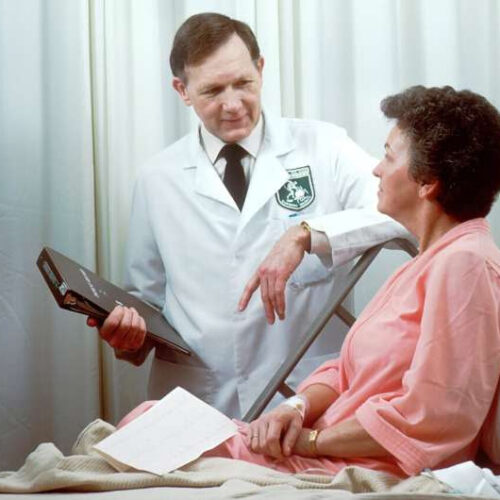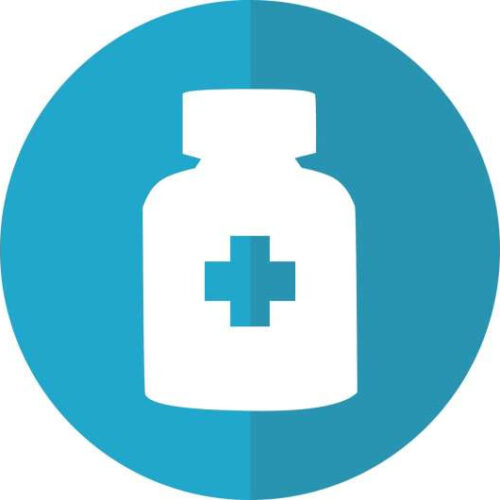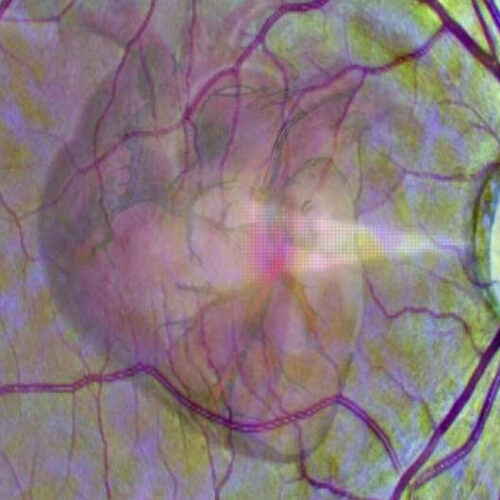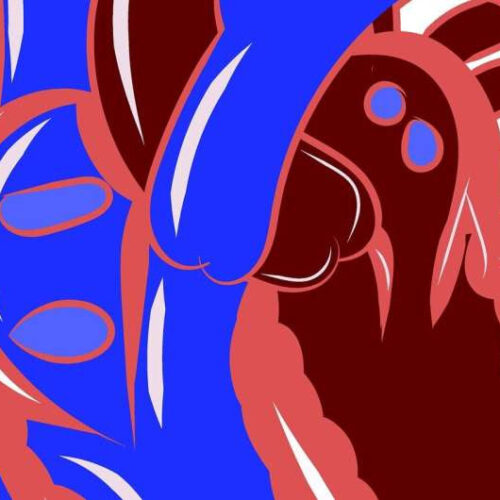RCSI New research from RCSI University of Medicine and Health Sciences has revealed that the link between ‘bad’ cholesterol (LDL-C) and poor health outcomes, such as heart attack and stroke, may not be as strong as previously thought. Published in JAMA Internal Medicine, the research questions the efficacy of statins when prescribed with the aim of...
Tag: <span>heart disease</span>
Heart disease in women is not like heart disease in men
by Columbia University Credit: Unsplash/CC0 Public Domain Over the past 10 years, heart disease in women—especially young women—has been increasing. More women than men die of heart disease every year. Yet identification and treatment for women is regularly delayed and often misdiagnosed. “Heart disease is the No. 1 killer of women,” says Nisha Jhalani, MD,...
Does an aspirin a day keep heart disease away? It depends
by Jane Racey Gleeson, University of Michigan Credit: Pixabay/CC0 Public Domain Each year, more than 805,000 Americans experience a heart attack according to the American Heart Association, and another 795,000 suffer a stroke based on information from the Centers for Disease Control and Prevention. These statistics, along with the fact that cardiovascular disease is the...
Using the eye as a window into heart disease
by University of Leeds A graphical representation of the idea of using a scan of the eye to get a window into heart health. Credit: University of Leeds. Scientists have developed an artificial intelligence (AI) system that can analyze eye scans taken during a routine visit to an optician or eye clinic and identify patients...
Oral penicillin, not injectable, advised for people with high-risk rheumatic heart disease
by American Heart Association Credit: Pixabay/CC0 Public Domain A growing body of evidence indicates that some people thought to have an allergic response to injectable penicillin, the standard treatment for rheumatic heart disease, may instead be experiencing a cardiac reaction to the medicine, according to a new American Heart Association presidential advisory published today in Journal...
Heart disease causes early brain dysfunction and can treble key Alzheimer’s protein
UNIVERSITY OF SHEFFIELD • Scientists have discovered that heart disease causes brain dysfunction that could lead to dementia before the buildup of plaque in blood vessels of the brain• Heart disease causes problems in the brain that causes less blood to reach the neurons that need it • Findings also show that a combination of...
Novel treatment target for heart disease found in the blood vessel wall
by Medical College of Georgia at Augusta University Dr. Jiliang Zhou (left) and senior postdoctoral fellow Dr. Kunzhe Dong. Credit: Michael Holahan, Augusta University A molecule of RNA called CARMN has been found in abundance in the healthy smooth muscle cells that help give our blood vessels strength and flexibility, and distinctly decreased in vascular...
Heart disease causes early brain dysfunction and can treble key Alzheimer’s protein
UNIVERSITY OF SHEFFIELD • Scientists have discovered that heart disease causes brain dysfunction that could lead to dementia before the buildup of plaque in blood vessels of the brain• Heart disease causes problems in the brain that causes less blood to reach the neurons that need it • Findings also show that a combination of...
An extra tablespoon of olive oil helps lower risk of death from cancer, heart disease, dementia!
(Photo by Polina Tankilevitch from Pexels) FOOD, HEART HEALTH JANUARY 11, 2022 by Study Finds WASHINGTON — Plenty of olive oil in your diet may help prevent death from heart disease, a new study finds. Researchers from the American College of Cardiology found that those who consume more than seven grams – or half a tablespoon...
Nearly one in five patients with heart disease use mental health drugs
EUROPEAN SOCIETY OF CARDIOLOGY Sophia Antipolis, 11 January 2022: Antidepressants and other psychiatric medications are associated with an almost doubled risk of premature death in patients with heart conditions, according to research published today in the European Journal of Cardiovascular Nursing, a journal of the European Society of Cardiology (ESC).1 “Our study shows that the use of...






